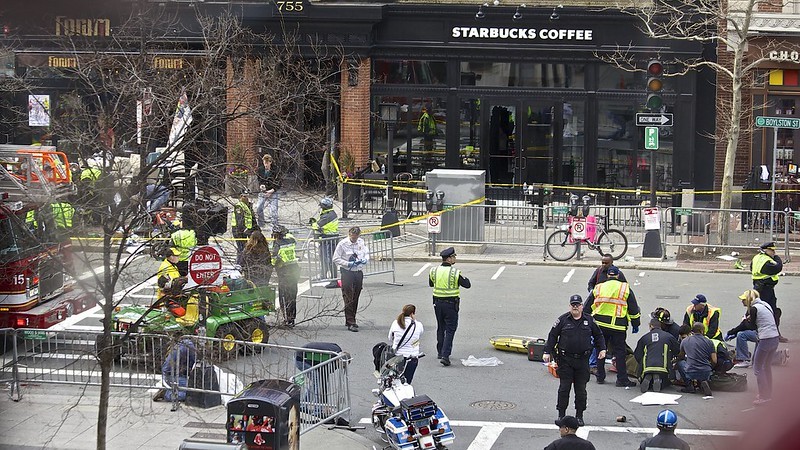A Brief Reply to Jack and Peter on <em>Al Bahlul</em>
This morning, Marty Lederman and I have posted a detailed analysis of Monday’s en banc D.C. Circuit decision in al Bahlul—and what it portends for the future of military commissions, especially with respect to offenses not recognized as international war crimes. As Marty and I conclude, “Monday’s decision . . .
Published by The Lawfare Institute
in Cooperation With

This morning, Marty Lederman and I have posted a detailed analysis of Monday’s en banc D.C. Circuit decision in al Bahlul—and what it portends for the future of military commissions, especially with respect to offenses not recognized as international war crimes. As Marty and I conclude, “Monday’s decision . . . underscores the serious constitutional objections that the commissions would have to overcome if they were to be used to prosecute domestic law offenses.” Readers may see in such a conclusion (and in our post, more generally) a fair amount of tension with Jack’s “longer view” of al Bahlul from yesterday, and with today’s analysis by Peter Margulies with respect to Congress’s power to “define” international law. Jack, for example, sees Monday’s decision in al Bahlul as “a step in the direction of judicial acceptance of the basic legitimacy of commissions.” And Peter concludes that, “When there are colorable arguments for Congress’s approach to military commission jurisdiction, judicial deference is the wisest course,” suggesting that, on remand, the original three-judge panel should reject al Bahlul’s claim that Congress lacks the Article I power to subject non-LOW offenses to trial by military commission because Congress is free to define what the LOW is. (An argument the government does not even make.) At the risk of oversimplifying a complex series of legal issues, the real daylight between our post, on the one hand, and Jack’s and Peter’s readings of al Bahlul, on the other, appears to be the Article III issue that Marty and I emphasized, but that Jack’s and Peter’s posts ignore. Simply put, the Supreme Court has recognized carefully circumscribed exceptions to Article III, including one for military trials of servicemembers and one for international war crimes committed by enemy belligerents. But the Court has never recognized an analogous exception for non-international war crimes committed by enemy belligerents, and, as I’ve previously written at some length, there are a number of good reasons why such an exception would be ill-conceived (to say nothing of the Court’s recent admonition that all such exceptions ought to be narrowly construed). Of course, the D.C. Circuit (or the Supreme Court) may yet disagree, and eventually recognize an exception to Article III for offenses against the “U.S. common law of war.” But only one of the seven judges in al Bahlul (Judge Kavanaugh) even addressed the Article III issue, and his analysis, as Marty and I explained, was problematic, at best—and did not address any of the countervailing arguments made in the amicus brief that I helped to file on the subject. But whatever the ultimate merits of the Article III question, the critical point for present purposes is that Monday’s decision brought that issue to the forefront, and it will now presumably be one of the central challenges al Bahlul raises before the original three-judge panel. (And, as Marty and I explained, there won’t be any argument for “plain error” review on this issue, since it unquestionably goes to the constitutional jurisdiction of the commission—a challenge that cannot be forfeited.) What that means, in practice, is that Jack’s suggestion that al Bahlul is a “step in the direction of judicial acceptance of the basic legitimacy of commissions” is premature, at best; and Peter’s focus on the Article I question—whether Congress has the power to proscribe violations of the “U.S. common law of war” in general—utterly misses the Article III elephant in the room, since the answer may very well differ as between Congress’s power to make such offenses triable in civilian versus military courts. At least for the power of U.S. military commissions to try non-international war crimes, then, all is still to play for—and, as Marty and I concluded in our post, there’s no reason to think that Monday’s decision in al Bahlul will make the government’s case any easier going forward.


-(1).jpg?sfvrsn=b91ff6a6_7)

.jpg?sfvrsn=d45482bc_5)
